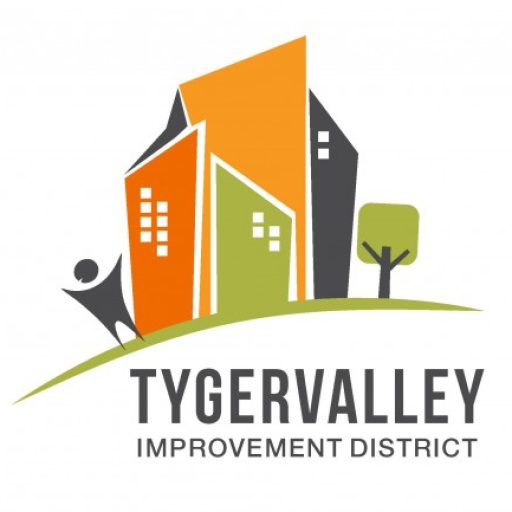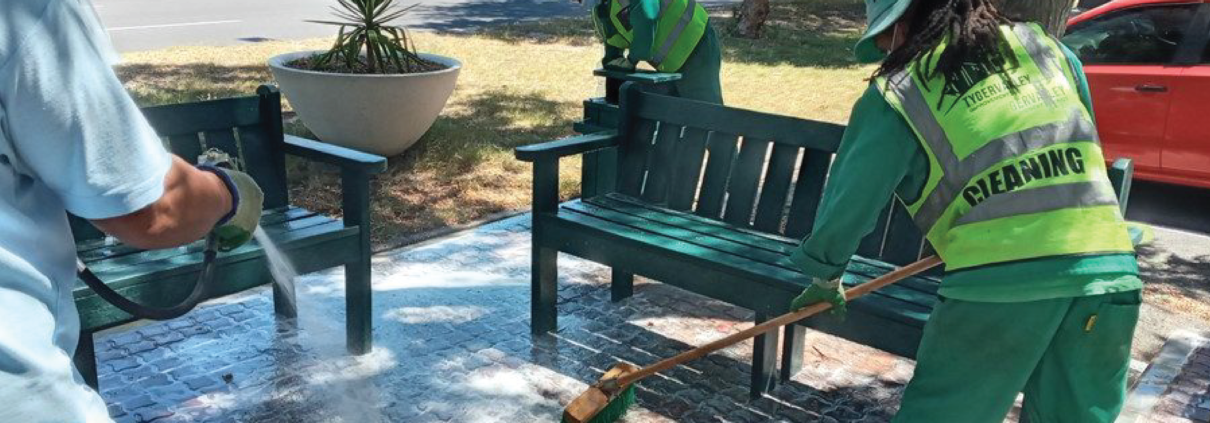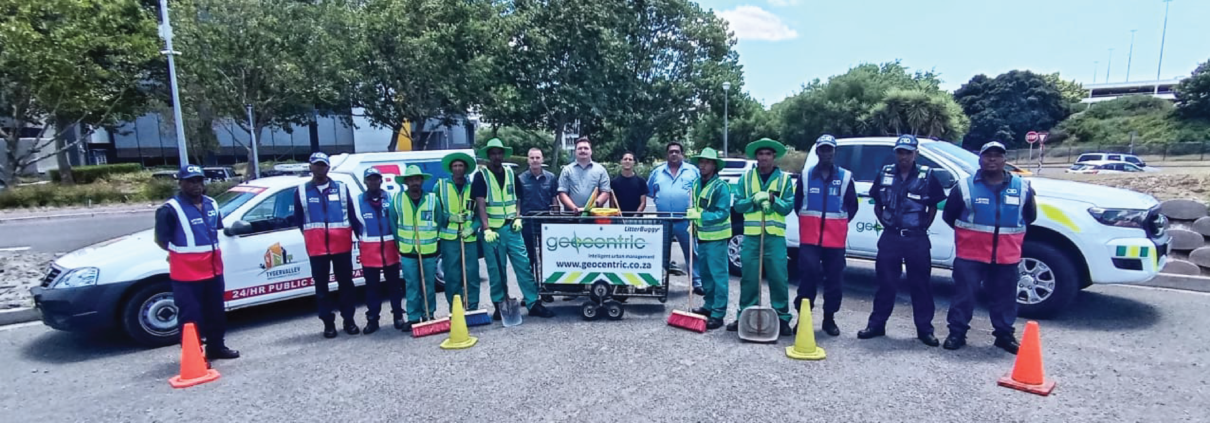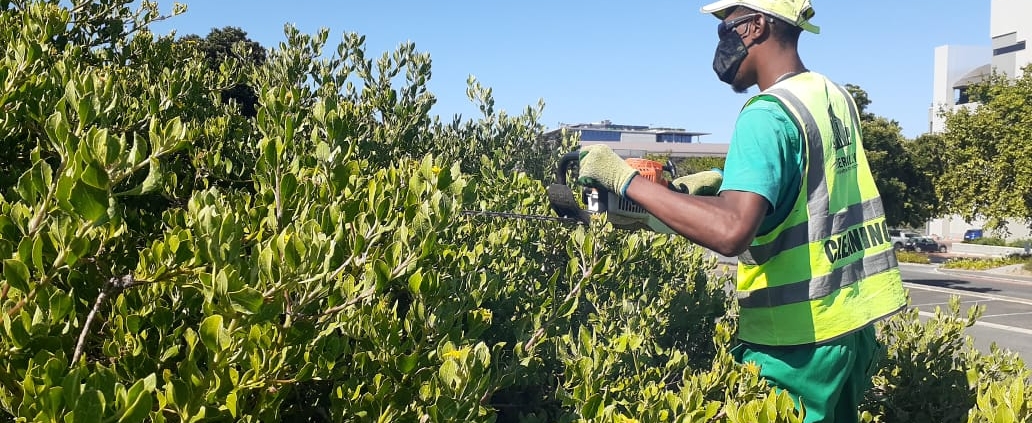Reducing crime significantly by proactive visible patrolling and cooperation with existing SAPS and City of Cape Town Law Enforcement efforts as well as other security service providers in the area.
The Proposed Tygervalley Improvement
District has the following goals:
Creating a safe and clean public environment by addressing issues of maintenance and cleaning of streets, pavements and public spaces.
Manage existing and new public infrastructure for the future benefit of all the users of the area.
Protect property values.
Attract new investment to the area.
Support the promotion of the TVID Business area as a safe and clean environment by promoting greening, energy efficiency, recycling and risk/disaster management.
Support and promote social responsibility in the area
The sustained and effective management of the TVID area.



